
Items That Turn Deadly After Expiring, Ranked
Expiration dates aren’t just arbitrary numbers; they exist for a reason. While many products have a longer shelf life than we might think, some can become downright dangerous once they pass their expiration dates. Let’s explore a range of everyday items that can pose risks when they expire.
Medications and Prescription Drugs

When medications expire, their effectiveness can diminish, and in some cases, they may even become toxic. It’s crucial to adhere to expiration dates on prescription and over-the-counter drugs to ensure their potency and safety.
Baby Formula
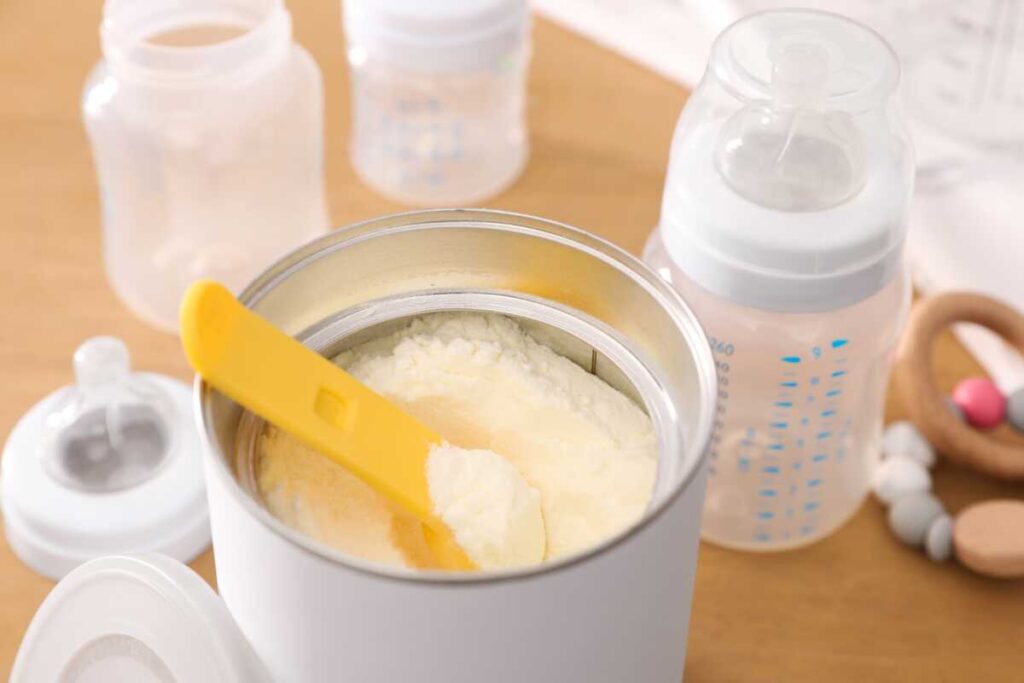
The nutritional content of baby formula can deteriorate over time, adversely impacting the baby’s growth and development. Always check the expiration date and store formula as directed to provide the best nutrition for your little one.
Sunscreen

Sunscreen is essential for protecting your skin from harmful UV rays. However, expired sunscreen may lose its effectiveness, leaving your skin vulnerable to sun damage. Using outdated sunscreen can also lead to skin irritation and allergies.
Fire Extinguishers
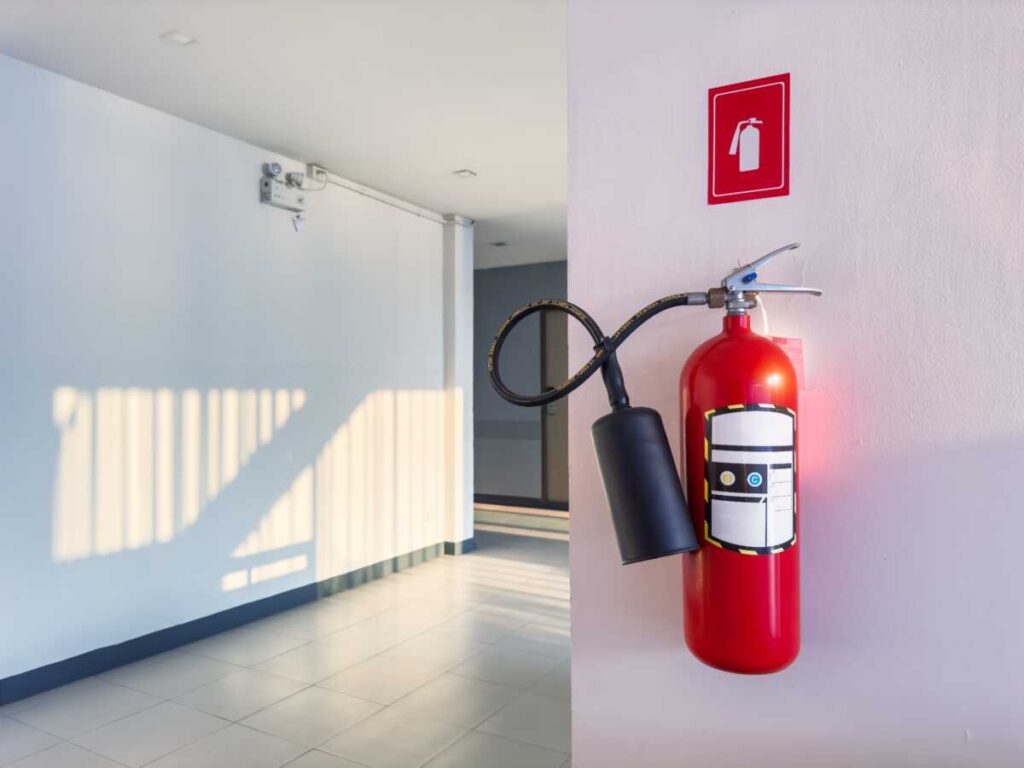
An expired fire extinguisher might not function correctly when you need it most. Regularly check the expiration date and replace extinguishers promptly. It’s a small investment for potentially life-saving equipment.
Batteries
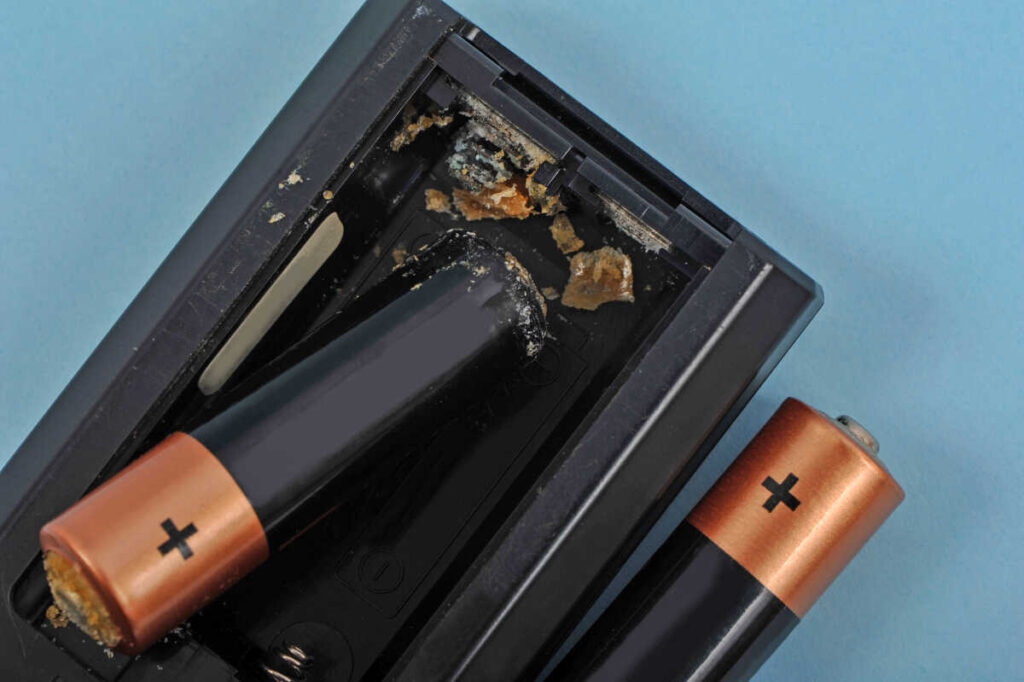
Expired batteries can leak corrosive chemicals, damaging electronic devices and posing a risk of injury. Check the expiration date on batteries, and replace them before they go bad to ensure reliable power and safety.
Helmets

Safety helmets, such as those for biking or construction work, have a limited lifespan. Over time, the materials can degrade, compromising the helmet’s ability to protect your head in case of an accident. Replace helmets according to the manufacturer’s recommendations.
Car Seats

Car seats for infants and young children have an expiration date stamped on them. The structural integrity of the seat can diminish over time, making it less effective in protecting your child during a car accident. Always follow the manufacturer’s guidelines and replace car seats as needed.
Smoke Detectors
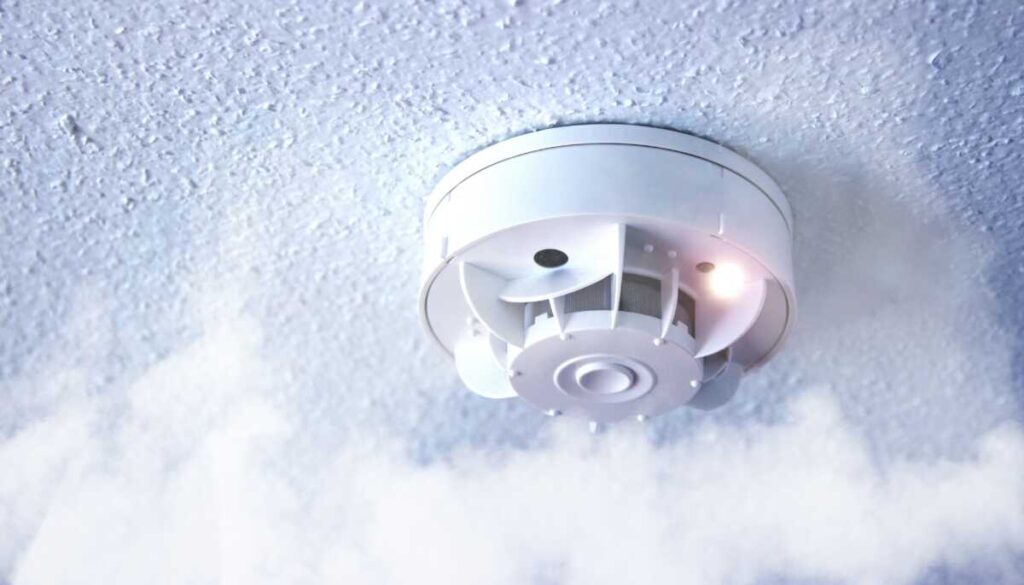
Smoke detectors are vital for early fire detection, but their sensors can lose sensitivity over time. Check the expiration date on your smoke detectors and replace them accordingly to maintain optimal functionality.
Dental Products
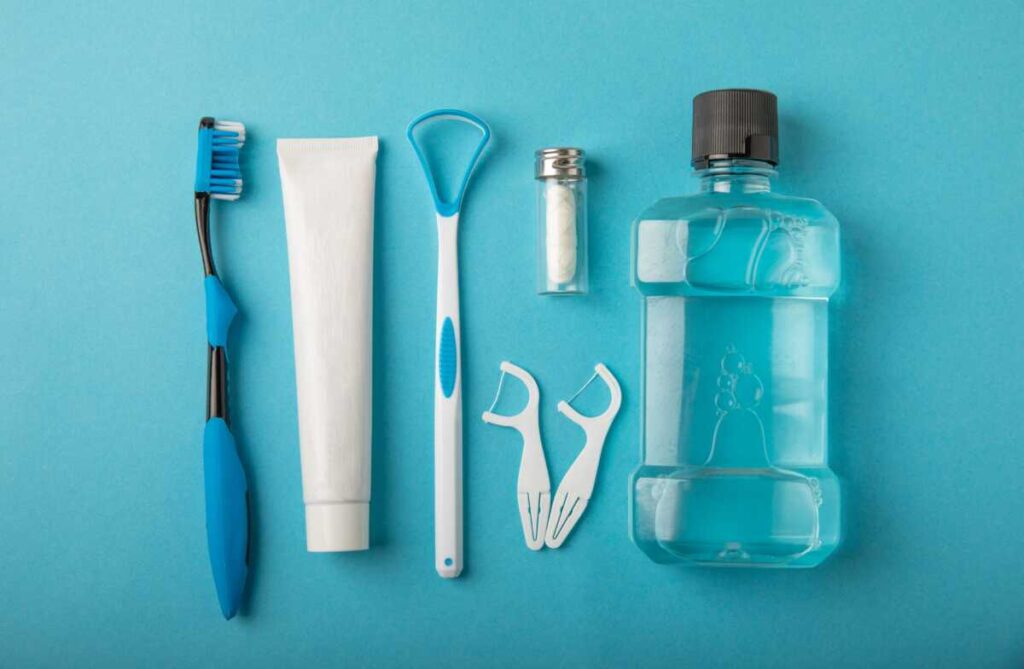
Toothpaste, mouthwash, and dental floss may lose their effectiveness after the expiration date. Using expired dental products may not provide the expected oral care benefits, and in some cases, it can lead to bacterial contamination.
First Aid Supplies
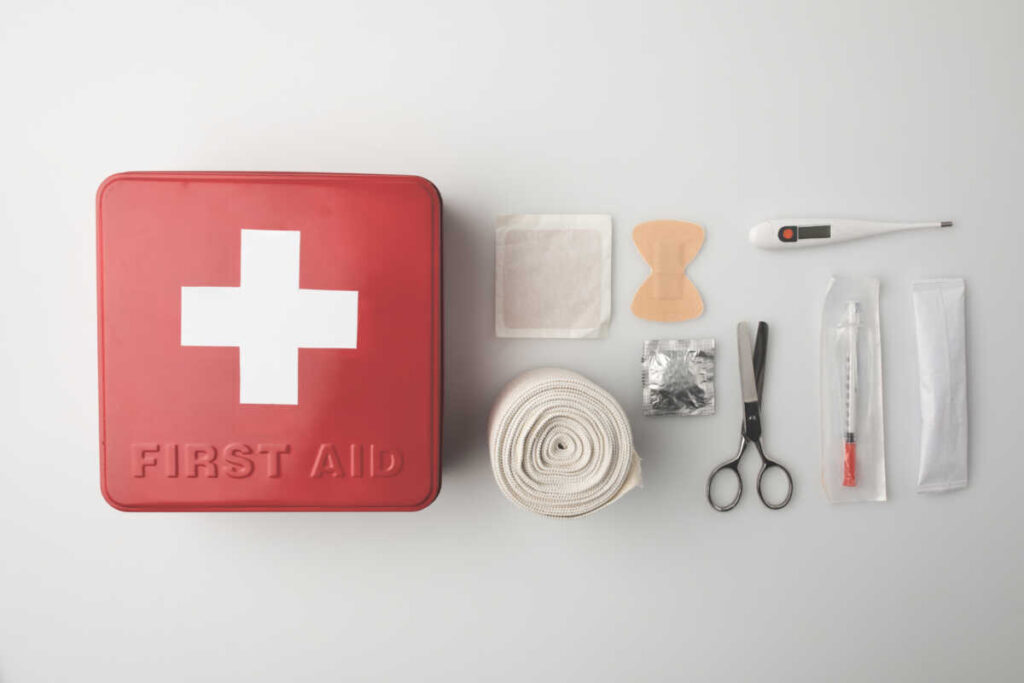
While many first aid supplies have a long shelf life, it’s essential to regularly check and replace items like ointments, medications, and bandages. Expired supplies may not provide the necessary care and could potentially cause harm.
Cleaning Products
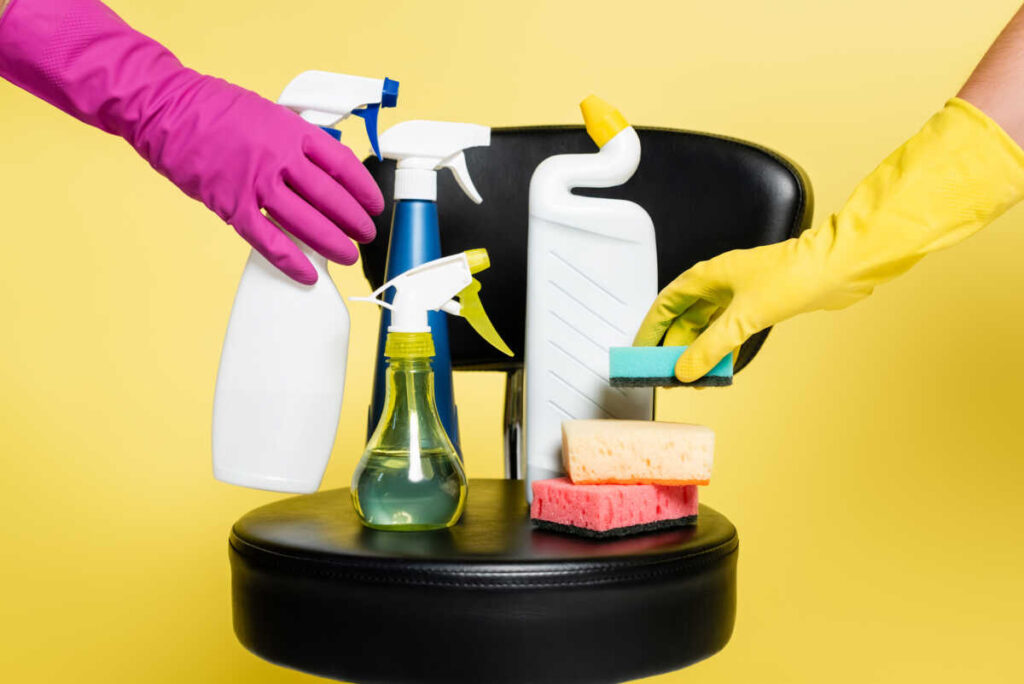
Household cleaning products, especially those containing chemicals, can become less effective or even harmful after their expiration dates. Pay attention to expiration dates on cleaning solutions to ensure they remain safe and efficient.
Paints and Solvents

Expired paints and solvents can become volatile and pose health risks. The chemical composition may change, leading to fumes and reactions that can be harmful when inhaled or come into contact with the skin. Properly dispose of expired paints and solvents.
Cooking Oils

Cooking oils, especially those with unsaturated fats, can become rancid over time. Consuming rancid oils may lead to digestive issues and an increased risk of oxidative stress. Check the expiration date on cooking oils and store them properly.
Protein Powders
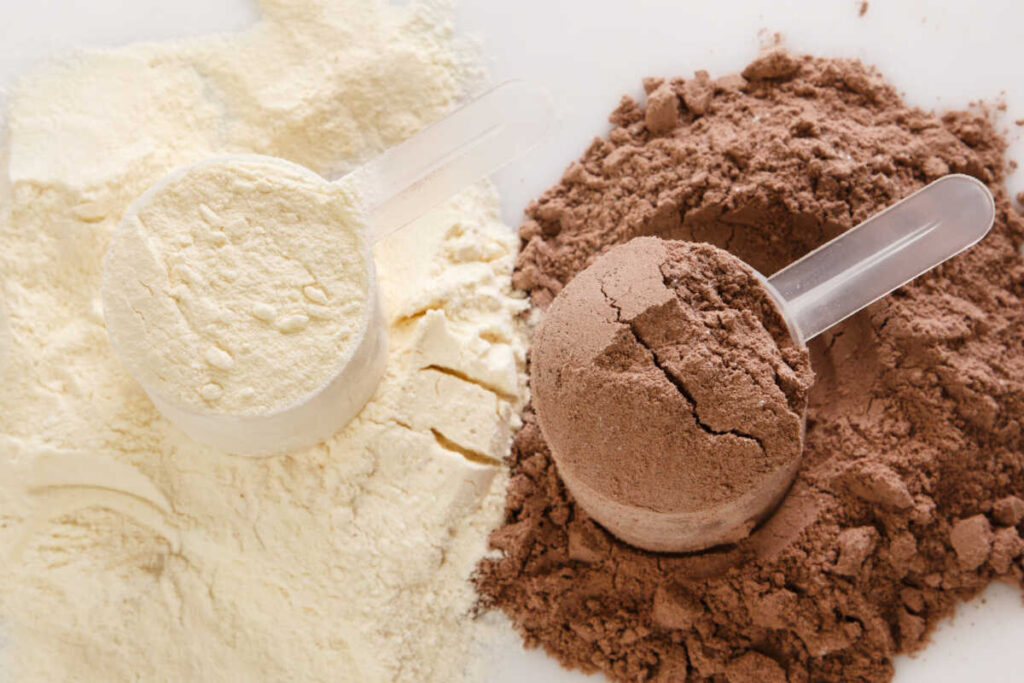
Protein powders often contain additives and vitamins that can degrade over time. Expired protein powder may not deliver the intended nutritional benefits, and consuming it could pose health risks. Regularly check expiration dates and store protein powder in a cool, dry place.
Canned Goods
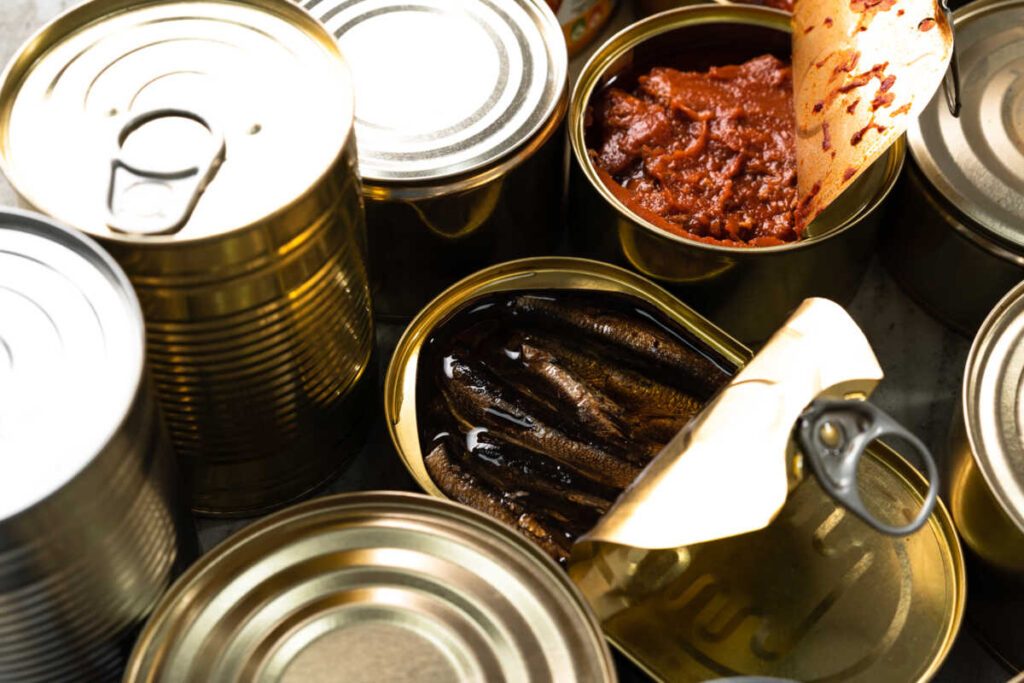
While many canned goods have a long shelf life, it’s essential to rotate your stock and check expiration dates. Expired canned goods may be at risk of bacterial contamination, leading to foodborne illnesses.
Spices

Spices add flavor to our meals, but they don’t last forever. Over time, spices can lose their potency, and using expired ones may not only result in lackluster dishes but also pose health risks due to potential contamination.
Electronic Devices

While not all electronic devices have a clear expiration date, older devices can become safety hazards. Worn-out cables, damaged batteries, and outdated technology can lead to malfunctions and even electrical fires. Regularly assess the condition of your electronic devices.
Gas Masks

Gas masks, commonly used for emergency preparedness, have a limited lifespan. The materials can degrade, affecting the mask’s ability to provide proper protection. Regularly check the expiration date and replace gas masks accordingly.
Insect Repellents

The effectiveness of insect repellents diminishes over time, especially if exposed to heat and sunlight. Using expired repellents may not offer adequate protection against insects, increasing the risk of insect-borne illnesses.
Self-Defense Pepper Spray

Pepper spray has an expiration date, and using it beyond that date may result in reduced effectiveness. When it comes to personal safety, ensuring that your self-defense tools are in optimal condition is crucial.
Propane Tanks

Propane tanks used for grills or heating have a limited lifespan. Over time, the tanks can rust and develop leaks, posing a significant safety hazard. Regularly inspect and replace propane tanks as needed.
Plastic Water Bottles
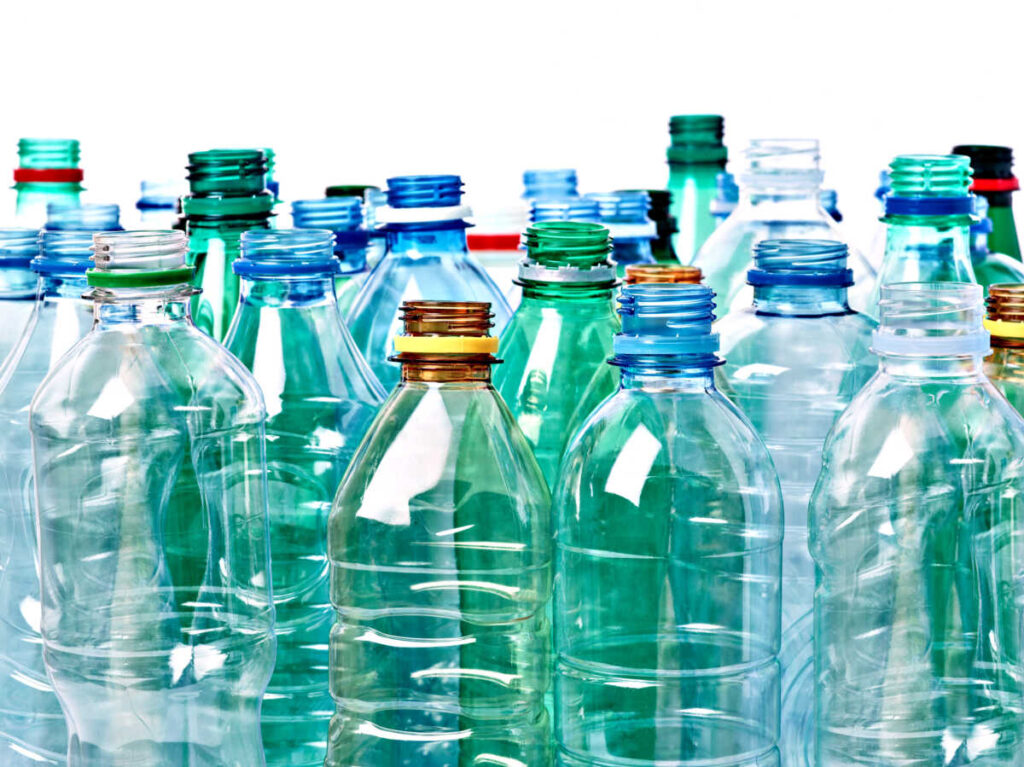
Reusable plastic water bottles can degrade over time, especially with frequent use and exposure to sunlight. Old and damaged bottles may release harmful chemicals into the water. Replace old water bottles and opt for materials like stainless steel or glass for long-term use.
Surgical Masks and N95 Respirators

While not always labeled with an expiration date, disposable masks and respirators can lose effectiveness over time due to wear and tear, moisture, and exposure to contaminants. It’s crucial to replace them regularly for optimal protection.
Glues and Adhesives
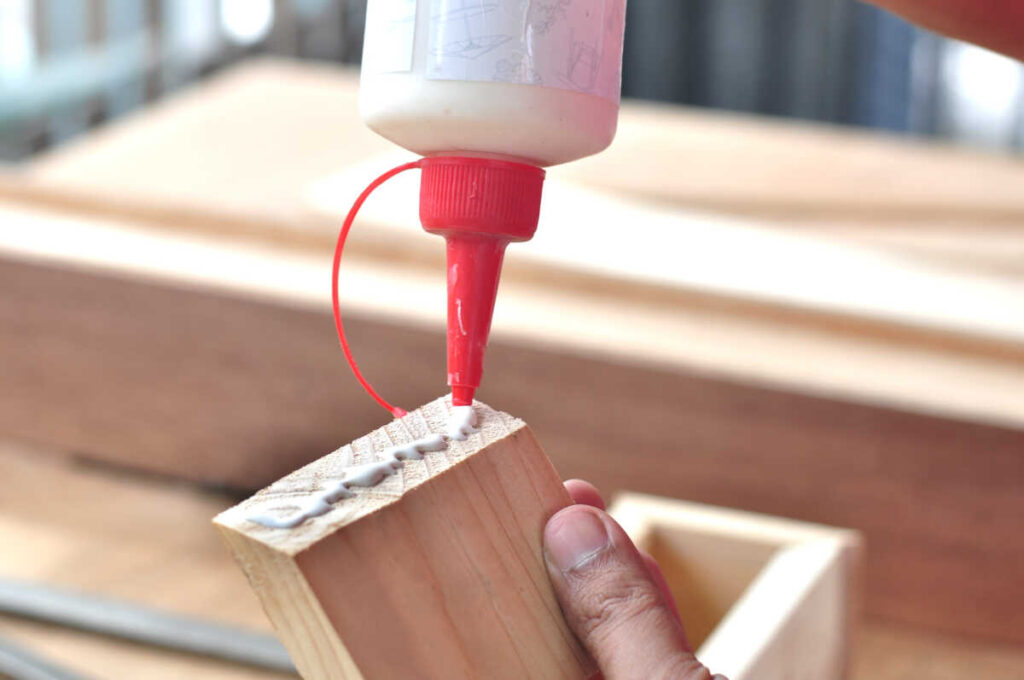
The effectiveness of glues and adhesives can diminish over time, leading to weaker bonds. Using expired or old adhesives for critical applications, such as construction or repairs, can result in structural failures.
Pesticides and Herbicides

Agricultural chemicals, including pesticides and herbicides, can become less effective or even harmful after their expiration dates. Using expired chemicals in gardening or farming may not provide the intended results and could pose environmental risks.
Probiotics

Probiotic supplements, which contain live bacteria, may lose their potency over time. Consuming expired probiotics may not deliver the expected health benefits, and in some cases, the bacteria may no longer be viable.
Tires

Tires, especially spare tires, have a lifespan determined by factors like exposure to sunlight, temperature fluctuations, and usage. Old and worn-out tires are more prone to blowouts, posing a significant risk while driving.
Electric Blankets

Electric blankets can wear out over time, leading to frayed wires and electrical malfunctions. Using an expired or damaged electric blanket may pose a fire hazard. Regularly inspect electric blankets and replace them if signs of wear are evident.
Understanding the potential dangers of expired items empowers us to make informed choices about what we use and consume. Regularly checking expiration dates, properly storing products, and replacing items when needed are simple yet crucial steps to ensure our safety and well-being in various aspects of life. Stay vigilant, stay safe!
*This article originally appeared on Health Discover*
